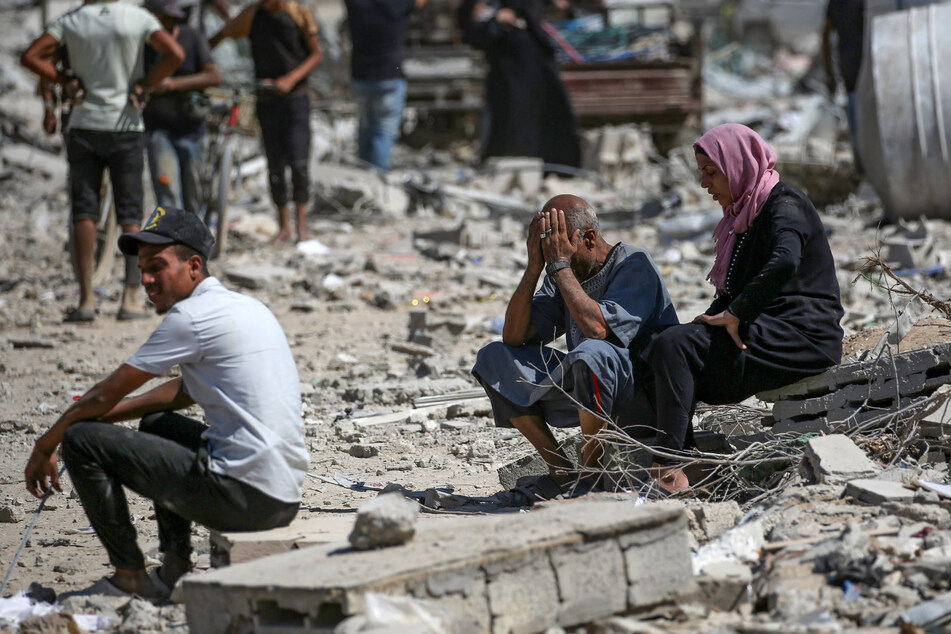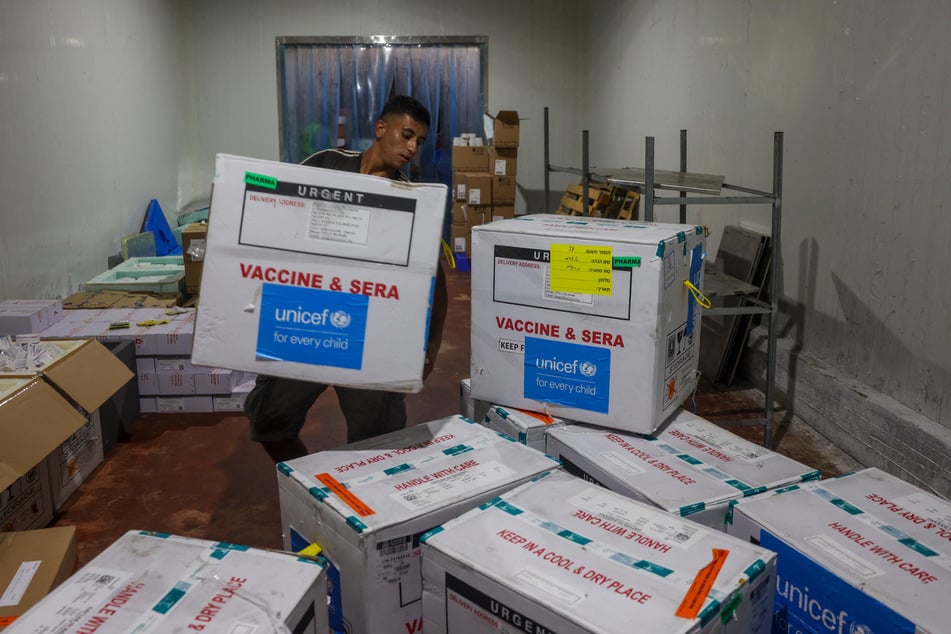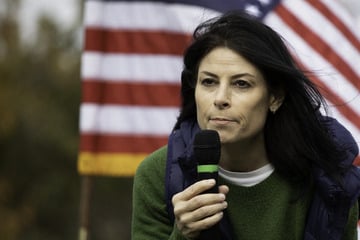Israel agrees to pauses in Gaza fighting to allow for polio vaccinations
Gaza - Israel has agreed to limited daily pauses in fighting in the Gaza Strip to allow for a polio vaccination campaign, the United Nations said on Thursday.

Fighting is to cease in three areas of the Palestinian territory from morning to afternoon on three consecutive days, according to Rip Peeperkorn, a representative of the World Health Organisation (WHO), citing a commitment made by the Israeli authority responsible for Palestinian affairs, COGAT.
Peeperkorn said the polio vaccination campaign would be launched on September 1 in central Gaza and carried out the two following days in southern and northern Gaza.
The daily pauses in fighting to facilitate the vaccination of more than 600,000 children would start at 6 AM and end between 2 and 3 PM, he added.
Following the discovery of polioviruses in wastewater in Gaza, vaccines against the disease were brought into the coastal area last week as it endures an ongoing Israeli siege.
The United Nations is looking to immunize more than 600,000 children in the Gaza Strip against the virus in two rounds of vaccinations.
In order for the doses to be administered, UN representatives had called for a temporary ceasefire in the Gaza war that began almost 11 months ago.
Palestinians suffering from terrible hygienic conditions amid Israel's assault

Since the war broke out on October 7, many babies in the Gaza Strip have not been vaccinated.
The terrible hygienic conditions in the coastal strip, where numerous internally displaced people have to survive in very confined spaces and clean water is scarce, could contribute to the rapid spread of the disease.
Polio is an infectious disease that can cause paralysis and lead to death.
Poliovirus is transmitted via fecal and oral contamination. It has been detected in Gaza wastewater in recent weeks, although no cases have yet been confirmed.
Amid the collapse in the territory's health care systems, however, the WHO is concerned that the disease could be spreading undetected.
"We need absolute freedom of movement for health workers and medical equipment to carry out these complex operations safely and effectively," WHO Director-General Tedros Adhanom Ghebreyesus said earlier this month.
Cover photo: Eyad BABA / AFP

